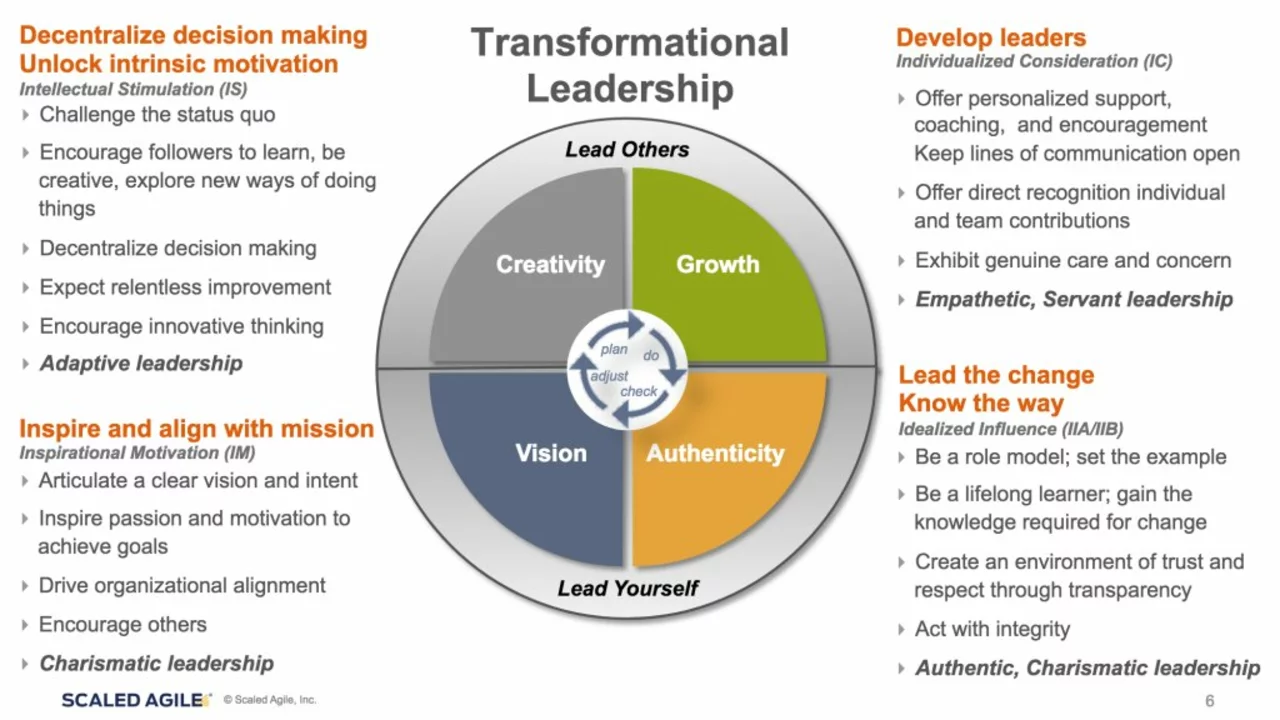Understanding the Concept of Giveaways
Let’s start by understanding what giveaways are. Essentially, giveaways are a form of promotion where items are given away for free or at a significantly reduced price, usually with the aim of marketing a product or a brand. Companies use giveaways as a marketing strategy to increase product awareness, garner a larger social media following, or boost sales. The concept of giveaways revolves around the principle of getting something for nothing or for less than its actual value. This aspect often excites many people, who then participate actively in these promotional activities.
Defining Gambling: The Basics
On the other hand, gambling is a game of chance where people wager money or valuables on an event with an uncertain outcome, hoping to win additional money or goods. The fundamental element of gambling is the introduction of risk towards the possibility of gaining something more valuable. It involves three elements - consideration (the wager), chance (the randomness of the outcome), and prize (what's to be won). Since the outcome of a gamble is unpredictable, it often entails a substantial risk of loss.
The Interplay Between Giveaways and Gambling
At first glance, giveaways and gambling might seem like two completely different concepts. However, a deeper look reveals some overlaps, primarily because both involve elements of chance. In many giveaways, winners are chosen randomly, much like the outcome in a game of chance. However, there's a crucial difference: in gambling, you pay to play, while in giveaways, entry is usually free. This is where the line often blurs, especially when participants are required to make a purchase or pay a fee to enter a giveaway.
When Giveaways Tread the Line of Gambling
When does a giveaway cross the line and become gambling? While there's no universal answer to this, a common rule of thumb is when the three elements of gambling are present - consideration, chance, and prize. If participants must pay to enter the giveaway, and the winner is chosen randomly, this could potentially be classified as a form of gambling. It's essential for organizations to be careful with their promotional strategies to avoid crossing this line, as gambling regulations are stringent and vary across jurisdictions.
Legal Perspectives on Giveaways and Gambling
From a legal standpoint, the distinction between giveaways and gambling is significant. Gambling is heavily regulated and even illegal in some places, while giveaways are generally allowed as long as they comply with certain rules. For instance, in many jurisdictions, it's illegal for a giveaway to require participants to make a purchase to enter. To avoid legal issues, companies often include a "no purchase necessary" clause, allowing individuals to participate without buying anything.
The Impact of Online Platforms and Social Media
The rise of online platforms and social media has significantly impacted how giveaways are conducted. These platforms offer a convenient avenue for conducting giveaways, reaching a larger audience, and tracking participation. However, they also blur the lines between giveaways and gambling, especially when participants are asked to perform certain actions (like sharing a post or liking a page) to enter. While this might not involve a monetary transaction, it's a form of consideration that could potentially classify the giveaway as a form of gambling.
Concluding Thoughts: Striking the Right Balance
In conclusion, while giveaways can share some similarities with gambling, they are not inherently the same thing. The key lies in the execution: businesses must ensure their giveaways are conducted in a way that doesn't turn them into a form of gambling. This involves careful planning, clear communication, and adherence to laws and regulations. By striking the right balance, companies can effectively use giveaways as a powerful marketing tool without crossing into the realm of gambling.
